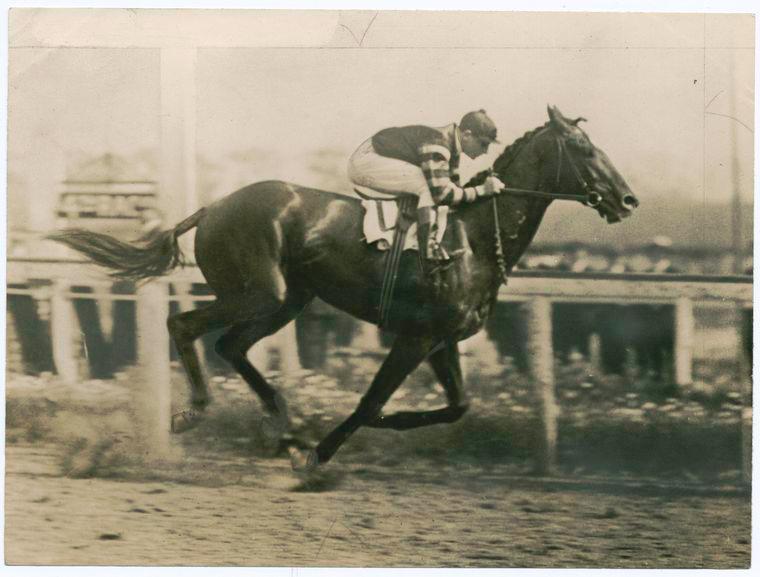Mea Culpa: more horse-related metaphors and a very easy mistake to make
Questions of style and usage in this week’s Independent


At some point in our low-key coverage of a forthcoming wedding we noted that average rainfall in Slough is low compared with most of the British Isles, “so planning outfits for the big day will be a synch”.
Synch, usually spelled sync, is pronounced “sink” and is short for synchronisation or synchronise. After Henry Peacock pointed it out, we changed it to cinch, pronounced “sinch”, meaning a very easy task.
Cinch is one of many horse-related metaphors enriching the language in the motorised age. It is the strap that holds the saddle on, from the Spanish cincha, “girth”.
In the late 19th century it came to be used figuratively to mean a firm hold, or something that wouldn’t slip, and from there to a horse that was certain to win a race. From American race track slang it was but a short step to the modern equivalent of “easy-peasy”.
Euphemistic cliché: In reporting the terrible case of two rugby players who died in Sri Lanka, I felt we blunted the impact of the story by using the banal “issue” to mean “problem”. We said: “Their difficulties in breathing began shortly after returning from a nightclub in Colombo early on Sunday morning before complaining of issues to hotel management at about 10am later that day.”
We made it worse with the subheadline: “Thomas Baty died shortly after Thomas Howard died with the same issue.” It would have been more direct to write something like “... died after also suffering breathing difficulties.”
Again, thanks to Henry Peacock for drawing my attention to this, er, issue.
Slipping and sliding: We are still confusing slither and sliver, as Mick O’Hare reminded us. Recently we wrote that “barely a slither splits the Tories and Labour” in the betting odds of winning most seats at the next election. Originally, slither meant to move like a snake, from slidder, a dialect form of slide.
Because it sounds similar, it has come to mean “sliver”, a thin piece cut off something, which itself comes from slive, a dialect form of “cleave”, cut. Dictionaries now recognise slither as an alternative spelling of sliver, but, as ever, my view is that we should avoid it for as long as a lot of readers think of it as a mistake.
Lots and lots: We confused our singulars and plurals in a report of the home secretary’s admission that as many as 63 of the Windrush generation might have been deported or refused entry.
We wrote: “The government’s first estimate of the number of people affected were revealed...” We meant, as Jeremy Lawford and Lesley Milne wrote to point out, “was revealed”. This kind of thing often happens when something that looks like a plural (“the number of people”) gets in between the subject (“the government’s first estimate”) and its verb.



Join our commenting forum
Join thought-provoking conversations, follow other Independent readers and see their replies